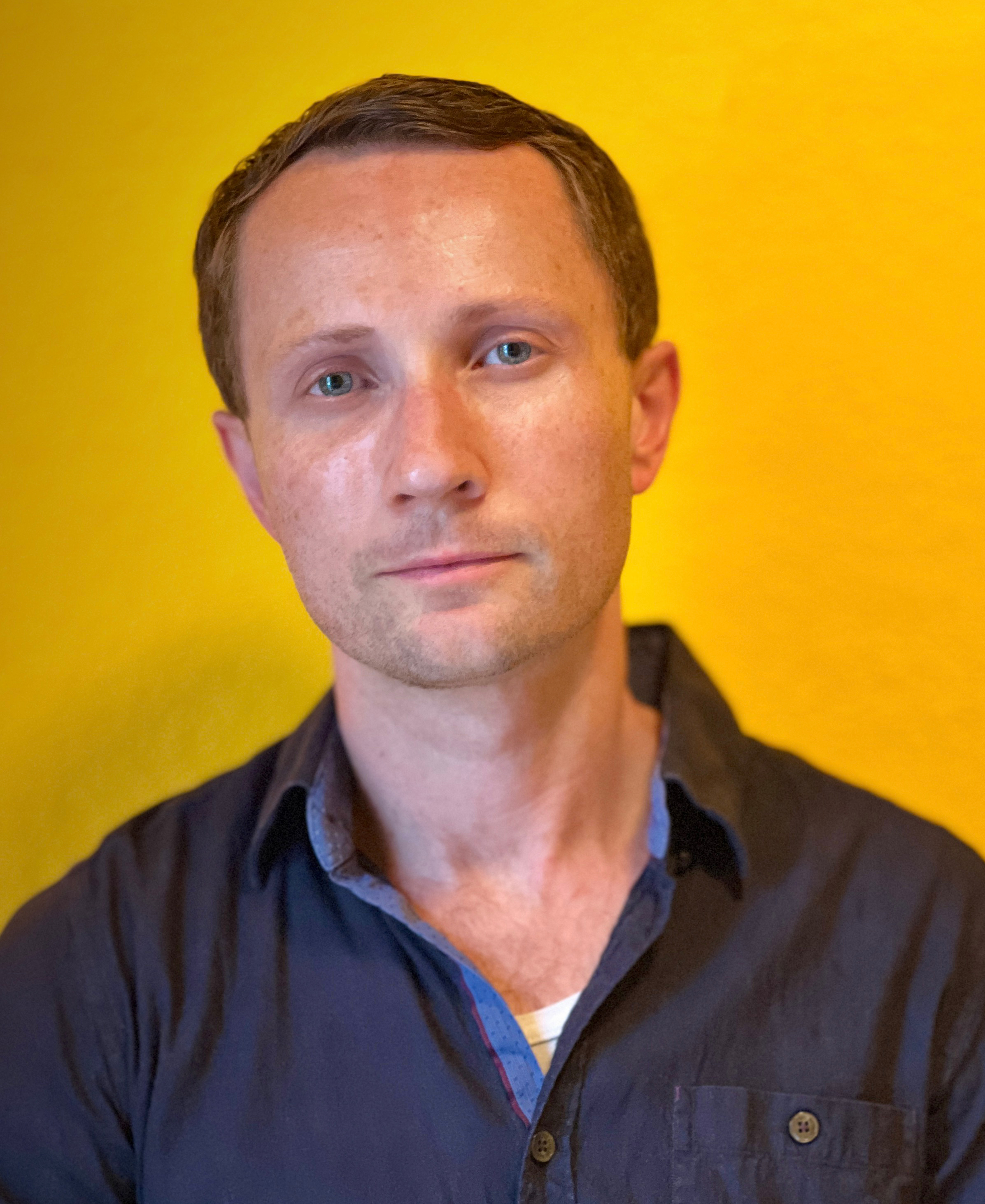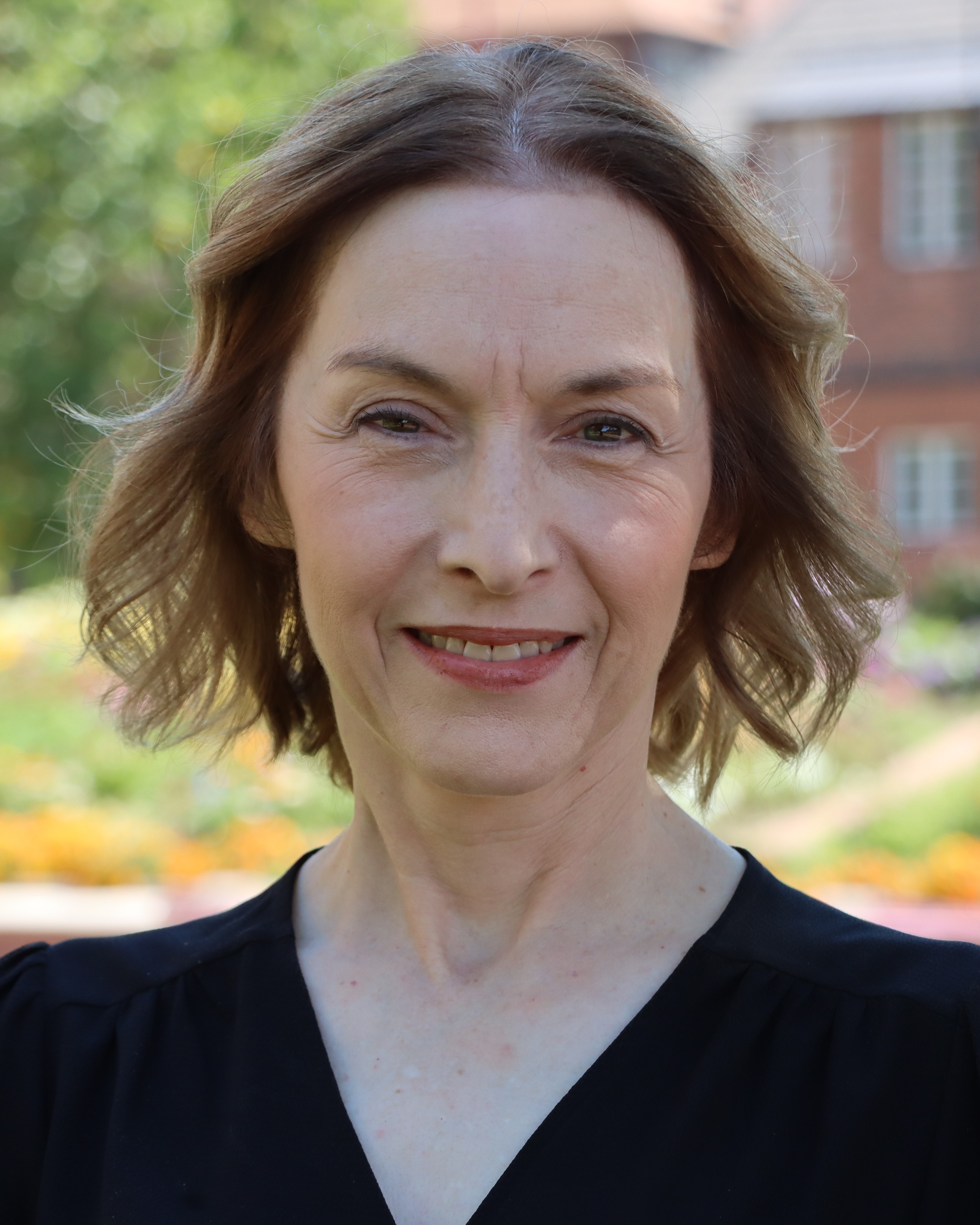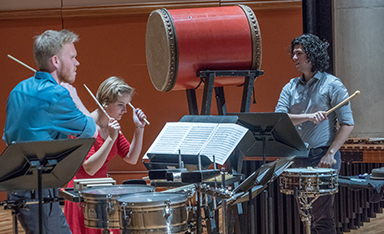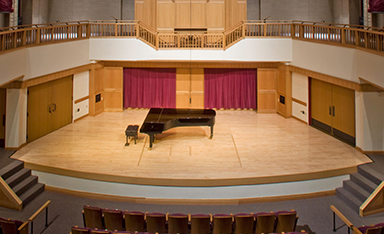Studying Composition at Lamont
At the Lamont School of Music, the composition studio centers on discovering and developing your unique musical voice. Whether you're passionate about writing for orchestra, creating immersive electro-acoustic soundscapes, crafting chamber or improvisational music, or blending genres entirely your own, our studio gives you the tools and support to shape your identity as a composer.
Your week centers around a private composition lesson tailored to your goals, plus a weekly composition seminar where you’ll connect with peers, learn from professional guest composers, and prepare for performances of your works. At Lamont, you’ll take a variety of elective courses—like music business, various musicology courses, and electronic music production—that let you chart a personalized path catered to your individual interests. Your schedule will also include participation in various ensembles of your choice—from Orchestra and Jazz to Bluegrass, Steel Drums, or North Indian Classical—building your musical fluency and diversifying the influences on your own work.
Lamont offers exceptional opportunities to get your compositions performed. You’ll compose for professional guest ensembles like NOW Ensemble or the Philip Glass Ensemble, collaborate with singers and instrumentalists on new works, and hear your music brought to life in frequent concerts and recordings—from the quarterly Lamont Composers Concert Series to innovative ensembles like the Modern Music Ensemble. At Lamont, your creative voice isn’t just developed—it’s performed, recorded, and celebrated. If you’re looking for a place to grow as a musician, artist, and individual, the Lamont composition studio offers a vibrant and supportive home.











